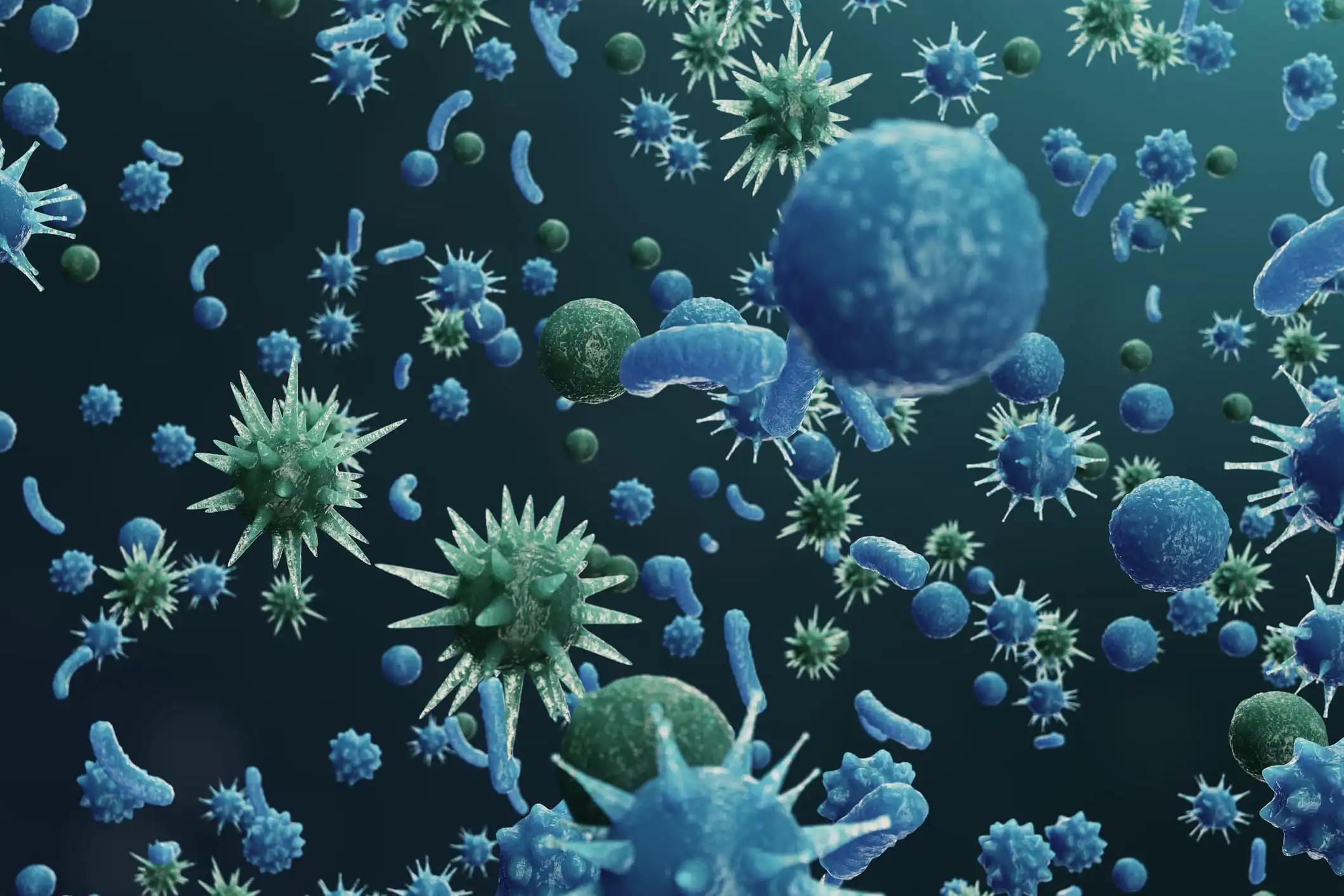KEY TAKEAWAYS
- The phase 2 study aimed to evaluate the effectiveness and safety of Elotuzumab in treating MF patients.
- Elotuzumab is administered intravenously at 10 mg/kg/w for the first eight weeks, followed by 20 mg/kg every four weeks.
- Responses are assessed according to the revised IWG-MRT-ELN criteria and must last at least 12 weeks.
- Elotuzumab effectively treated myelofibrosis (MF) patients with an excellent safety profile in this pilot phase 2 study.
Activation of the Thrombopoietin receptor (MPL) induces fibrocyte differentiation, and blood monocytes highly expressing MPL and signaling lymphocyte activation molecule family member 7 (SLAMF7) are potential fibrocyte precursors (Maekawa, Leukemia 2018). Elotuzumab (Elo), a monoclonal antibody that targets SLAMF7, inhibited the differentiation of MF patient-derived fibrocytes in vitro and romiplostim-induced bone marrow (BM) fibrosis and splenomegaly in vivo (Maekawa, Blood 2019).
To investigate the efficacy and tolerability of Elo in myelofibrosis (MF) patients. This is an investigator-initiated pilot phase 2 study (NCT04517851) of Elo in patients (pts) with primary or post-polycythemia vera/essential thrombocythemia MF who are not candidates for JAK inhibitor (JAKi) therapy (previous JAKi permitted). Elo is administered intravenously at 10 mg/kg/w for the first eight weeks, followed by 20 mg/kg every four weeks, until disease progression or unacceptable toxicity (maximum of 36 cycles).
On day 1 of each cycle, the spleen and liver are measured by palpation, and the MPN-SAF-TSS questionnaire (Emanuel, J Clin Oncol 2012) is administered. Patients undergo a bone marrow (BM) biopsy at screening and every 6 cycles during the study. Plasma cytokines are measured at baseline and every three cycles during the study. Responses are evaluated following the revised IWG-MRT-ELN criteria (Tefferi & Blood, 2013) and must last 12 w.
In patients with baseline (BL) platelet counts 100 x 109/L, primary, intermediate, and minor platelet responses are defined as increases of 75%, 50-74%, and 25-49%, respectively. The manufacturer of Elo is Bristol-Myers Squibb. Extensive correlational investigations are currently underway. As of the data termination date (14 February 2023), 11 pts had been treated. The characteristics of BL are listed in the table. After successful treatment for transformation to acute myeloid leukemia (AML), One pt returned to chronic phase primary MF at study entry. Six patients remain in the study; reasons for withdrawal include lack of response in three patients, transformation to AML in one patient, and mortality due to unrelated medical complications. Ten patients have completed the initial phase of the weekly dosage. Two patients experienced clinical improvement (CI) in symptoms (sx) lasting 11.9 and 7.4 months, respectively; the first patient (now deceased due to a GI hemorrhage) also had a significant plt response lasting 15.3 months. This patient also experienced a reduction in the frequency of erythrocyte transfusions but not transfusion independence (TI). The response times for 2CI-sx were 3.7 and 0.9 meters, respectively.
The response time to the plt was 0.3 m. An additional point had a TI response for 12 weeks but lost it afterward. Two patients have had Hgb improvements of 2 g/dL; one has since been removed from the study, while the other remains enrolled. After 2.8 months, one patient’s grade of BM fibrosis improved from MF-3 to MF-2, and the patient remains in the study. One pt’s disease progressed to AML, and he was removed from the investigation.
Elo was extremely well-liked. One patient experienced grade 1 headache, grade 1 hyperglycemia, grade 2 infusion reaction (chills), and grade 3 gastroenteritis that elo may have caused. Three fatalities occurred during the study, all unrelated to elo: one from gastrointestinal (GI) bleeding, one from pneumonia/multi-organ failure, and one from an infection at an outside hospital (details unknown). Current clinical results and findings from correlative investigations will be presented. Elo is effective in treating MF and has an outstanding safety profile. It is anticipated that 15 points will be awarded for this pilot study. Future research in conjunction with JAKi therapy appears necessary.
Clinical Trial: https://clinicaltrials.gov/ct2/show/NCT04517851
Prithviraj Bose, Lucia Masarova, Naveen Pemmaraju, MacKenzie Dobbins, Nitin Jain, Hussein Abbas, Steven Kornblau, Abhishek Maiti, Ivo Veletic, Taghi Manshouri, Sharon Bledsoe, Mary Ann Richie, Nakiuda Hall-Moore, Lingsha Zhou, Xuemei Wang, Hagop Kantarjian, Zeev Estrov, Srdan Verstovsek/A PILOT STUDY OF THE ANTI-SLAMF7 MONOCLONAL ANTIBODY, ELOTUZUMAB, IN PATIENTS WITH MYELOFIBROSIS./Inc, M. G. (n.d.). A PILOT STUDY OF THE ANTI-SLAMF7 MONOCLONAL ANTIBODY, ELOTUZUMAB,… by Dr. Prithviraj Bose. Library.ehaweb.org. Retrieved July 15, 2023, from https://library.ehaweb.org/eha/2023/eha2023-congress/385475/prithviraj.bose.a.pilot.study.of.the.anti-slamf7.monoclonal.antibody.html?f=menu%3D16%2Abrowseby%3D8%2Asortby%3D2%2Ace_id%3D2489%2Aot_id%3D27888%2Atrend%3D4016%2Amarker%3D4178



